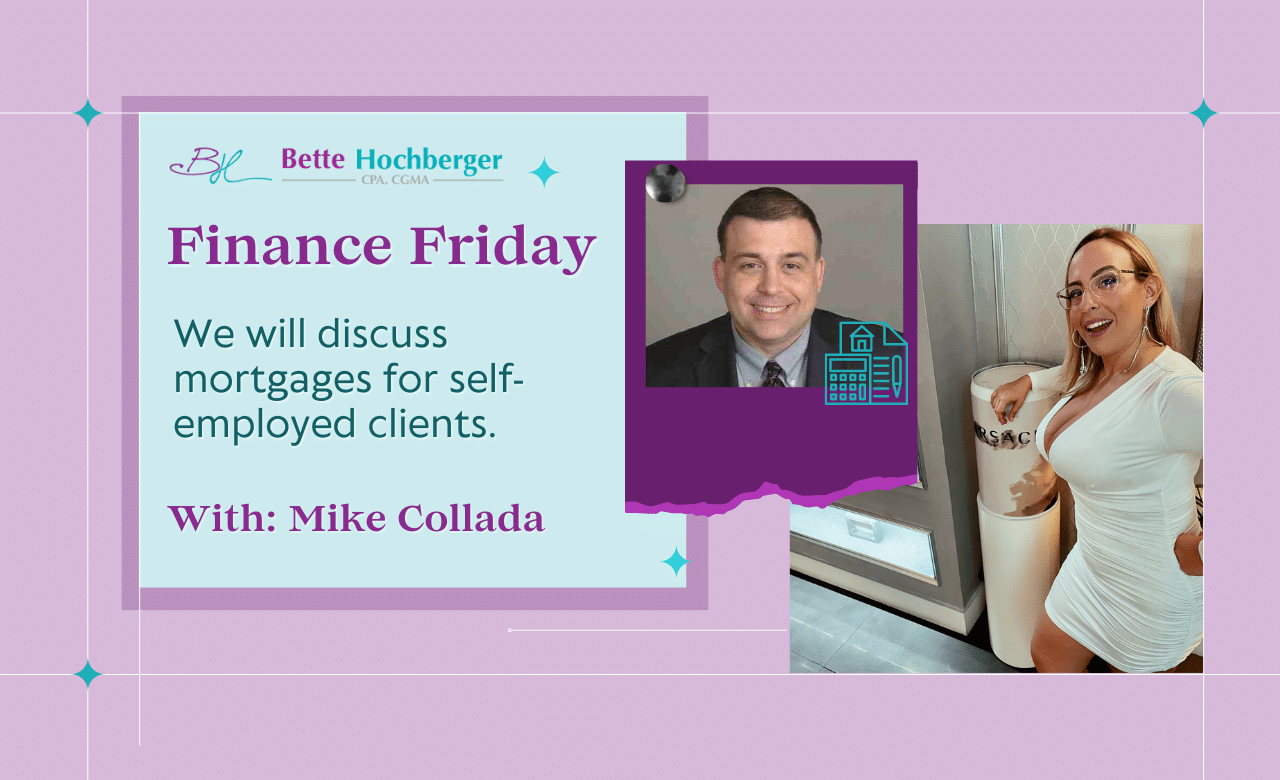Everyone needs a place to live, and one of the most important ways to achieve financial stability and build wealth is with home ownership. While the occasional rural home owner pays cash outright for their parcel of land, most people use a mortgage to finance the purchase of their homes, at least prior to retirement.
Mortgage debt is the leading amount of debt held by Americans. Whether for a primary residence, a vacation home, or an investment property, most houses and homes are purchased via a mortgage. While structured as a simple installment loan, these financial instruments are often looked at as a basic monthly cost, similar to a utility bill or club membership. Because they are structured as financial instruments, understanding the tax and financial impact of your method of financing your homes can make a huge difference in your final net worth.
The most common mortgage is the 30 year fixed mortgage, which amortized the interest and payments across 360 monthly payments. Less common, but often more advantageous, is choosing 15 year fixed with 180 monthly payments, usually having a lower interest rate with more of the monthly payment going towards principal instead of interest. During the previous housing bubble, more exotice instruments like 3/1, 5/1, and 7/1 ARMs (adjustable rate mortgages) were popular, with their 30 year amortization schedule but lower fixed interest for a short window before floating. If you anticipate moving in the near future, these instruments offer a lower rate up front, giving you lower payments and more flexibility with managing your monthly cash flow.
The Mortgage Interest Tax Deduction is the most well known and commonly used tax deduction by individuals. There are many ways that the tax code interacts with home ownership via their mortgages.




